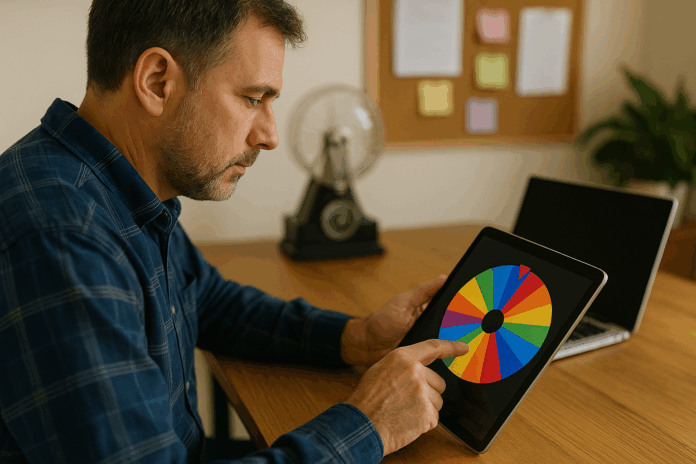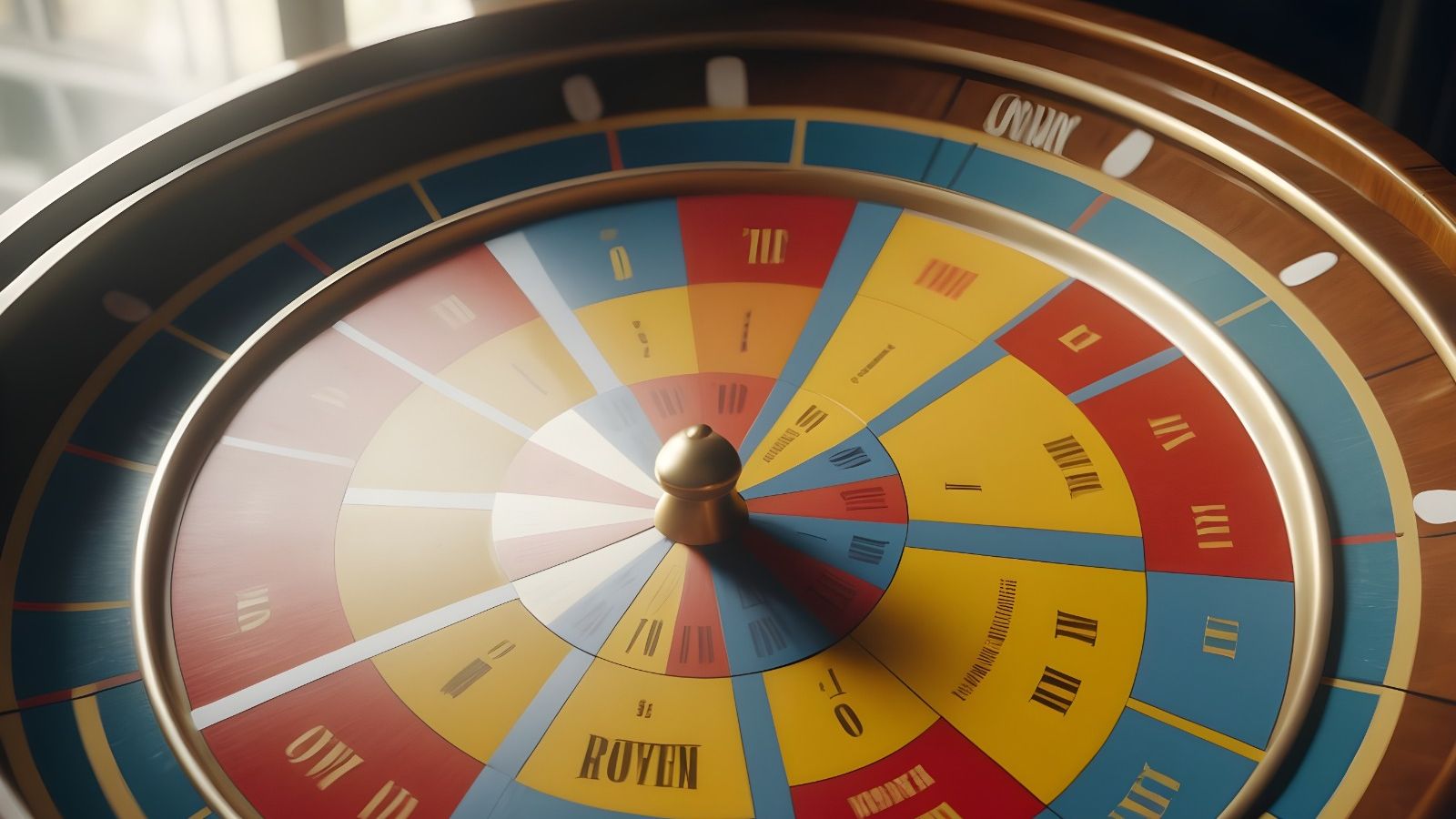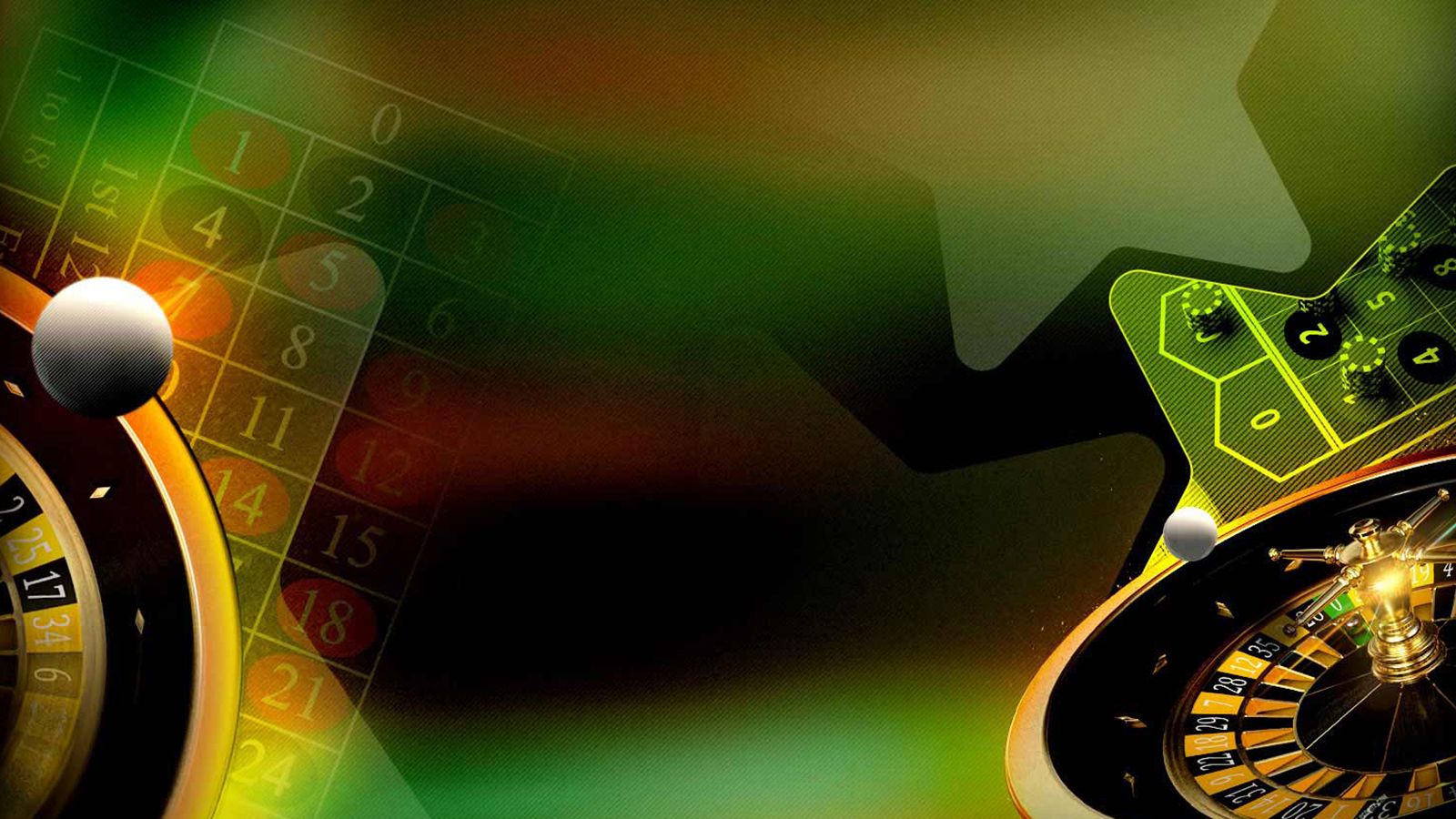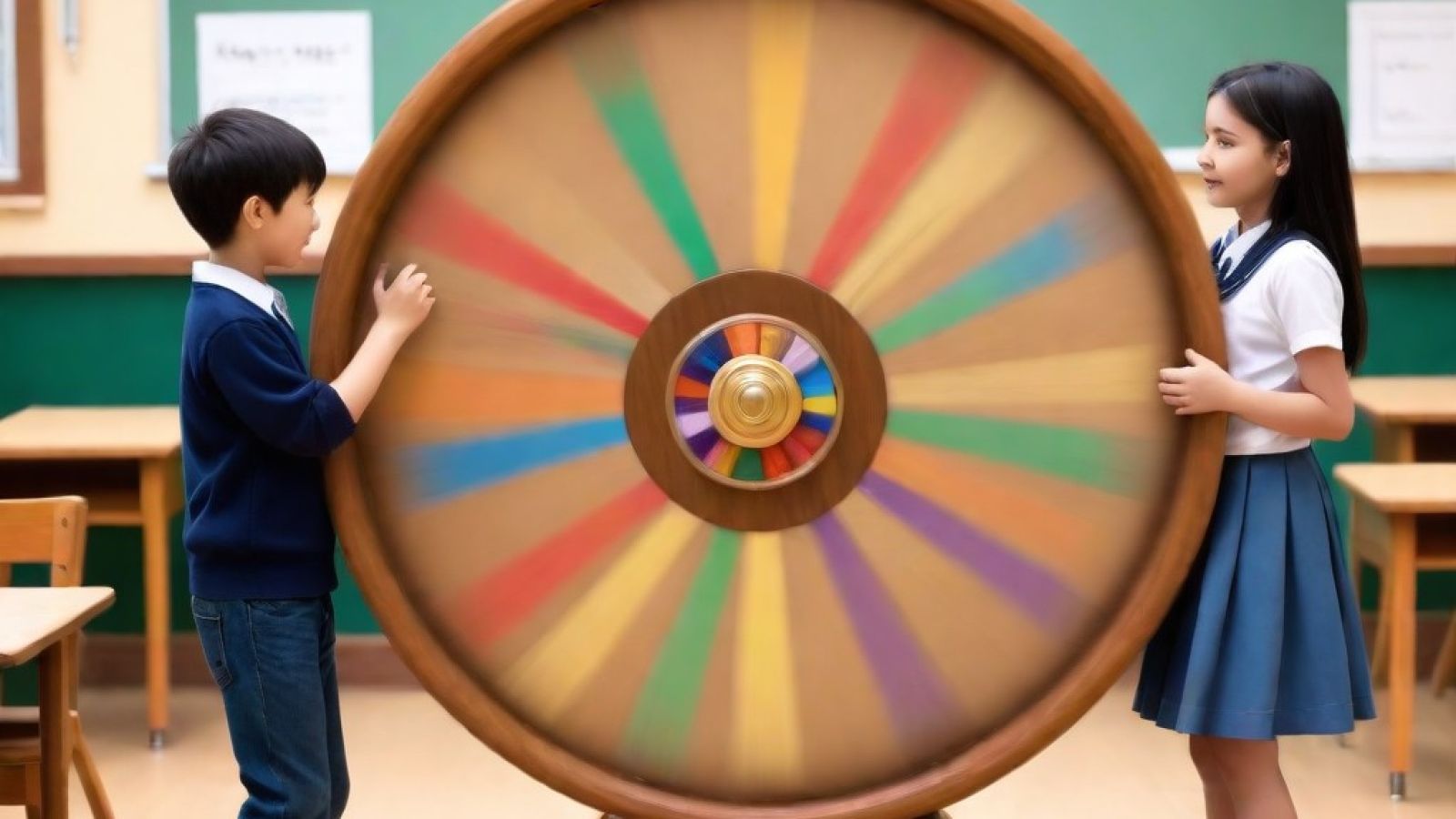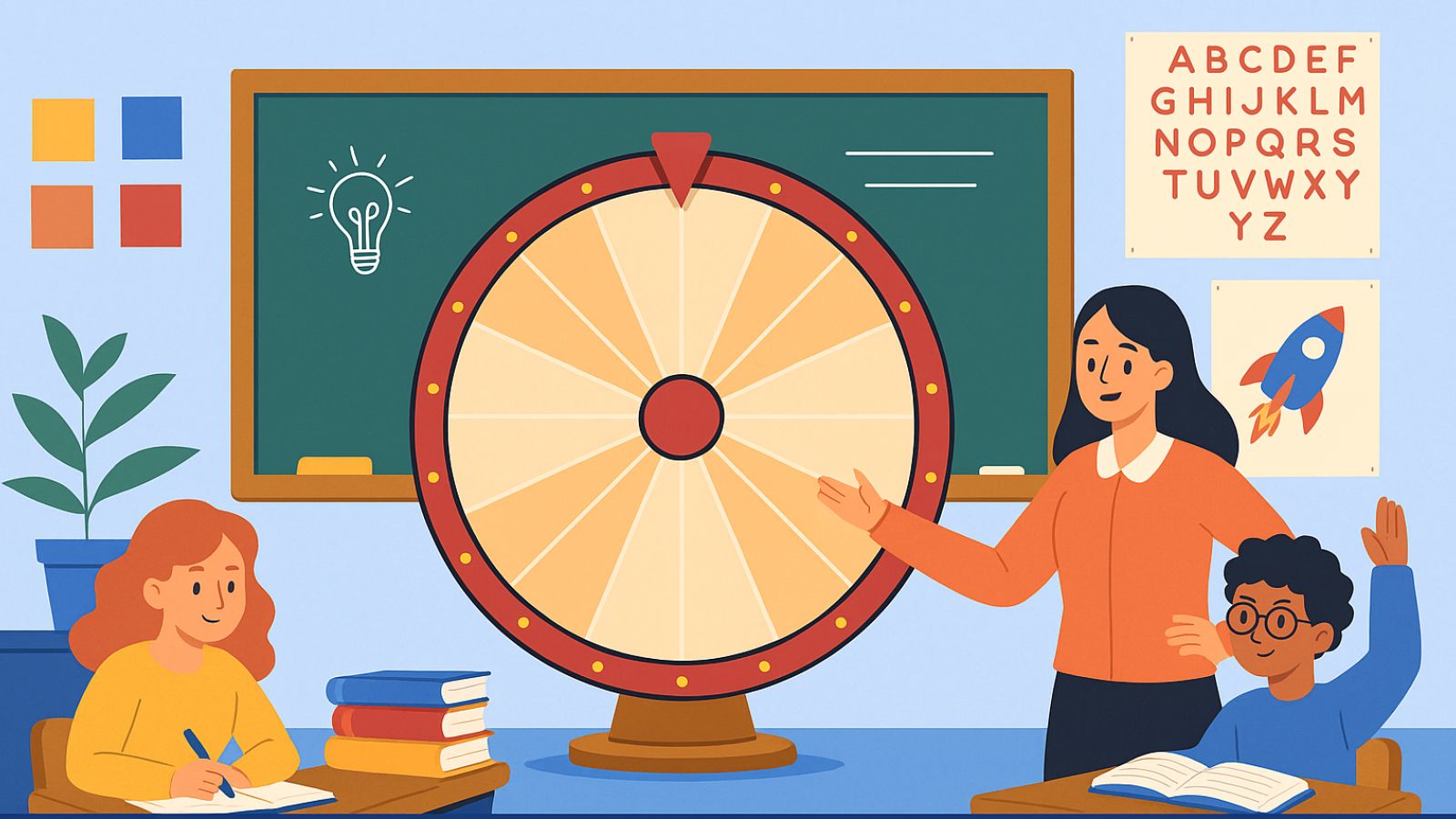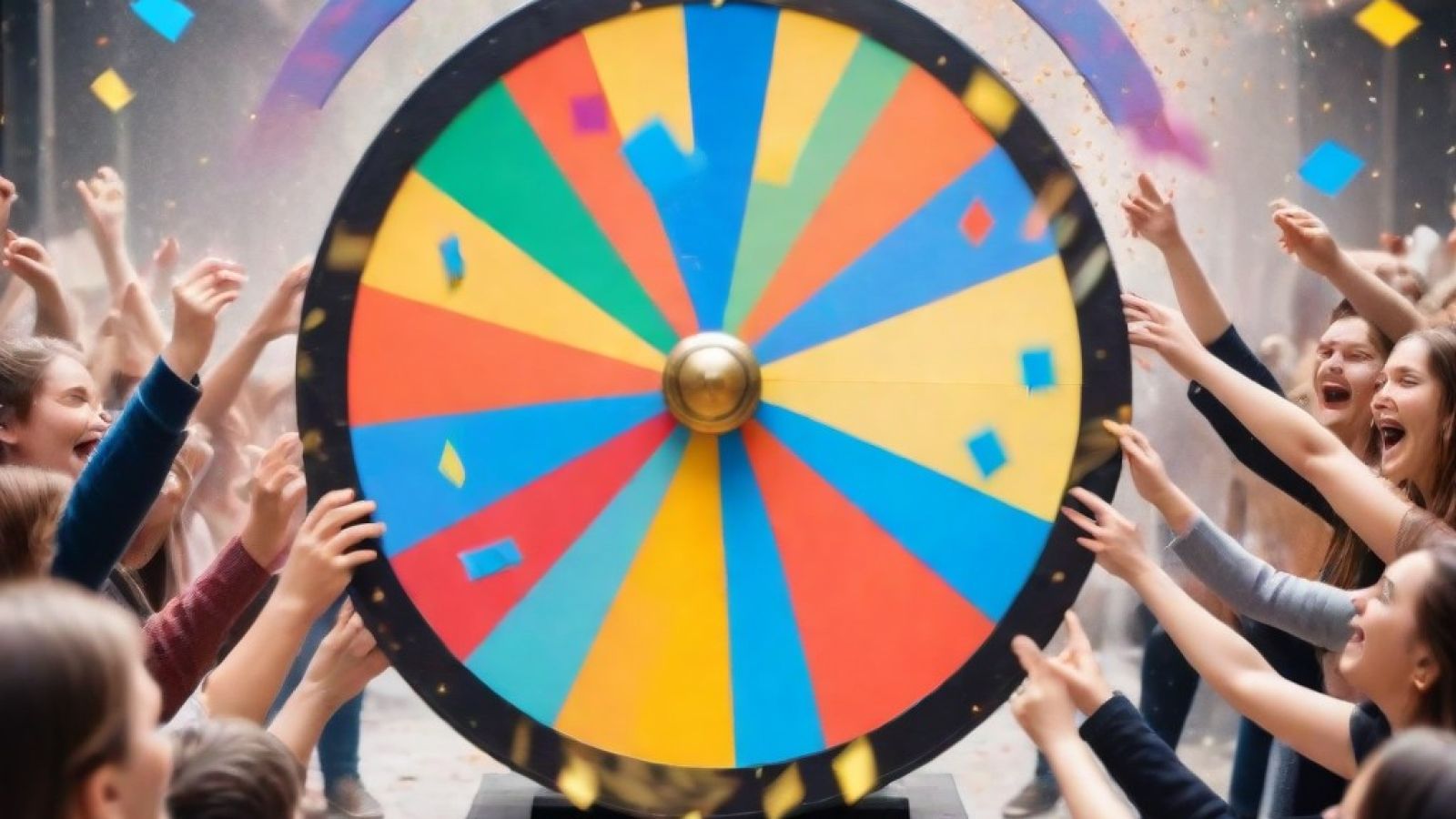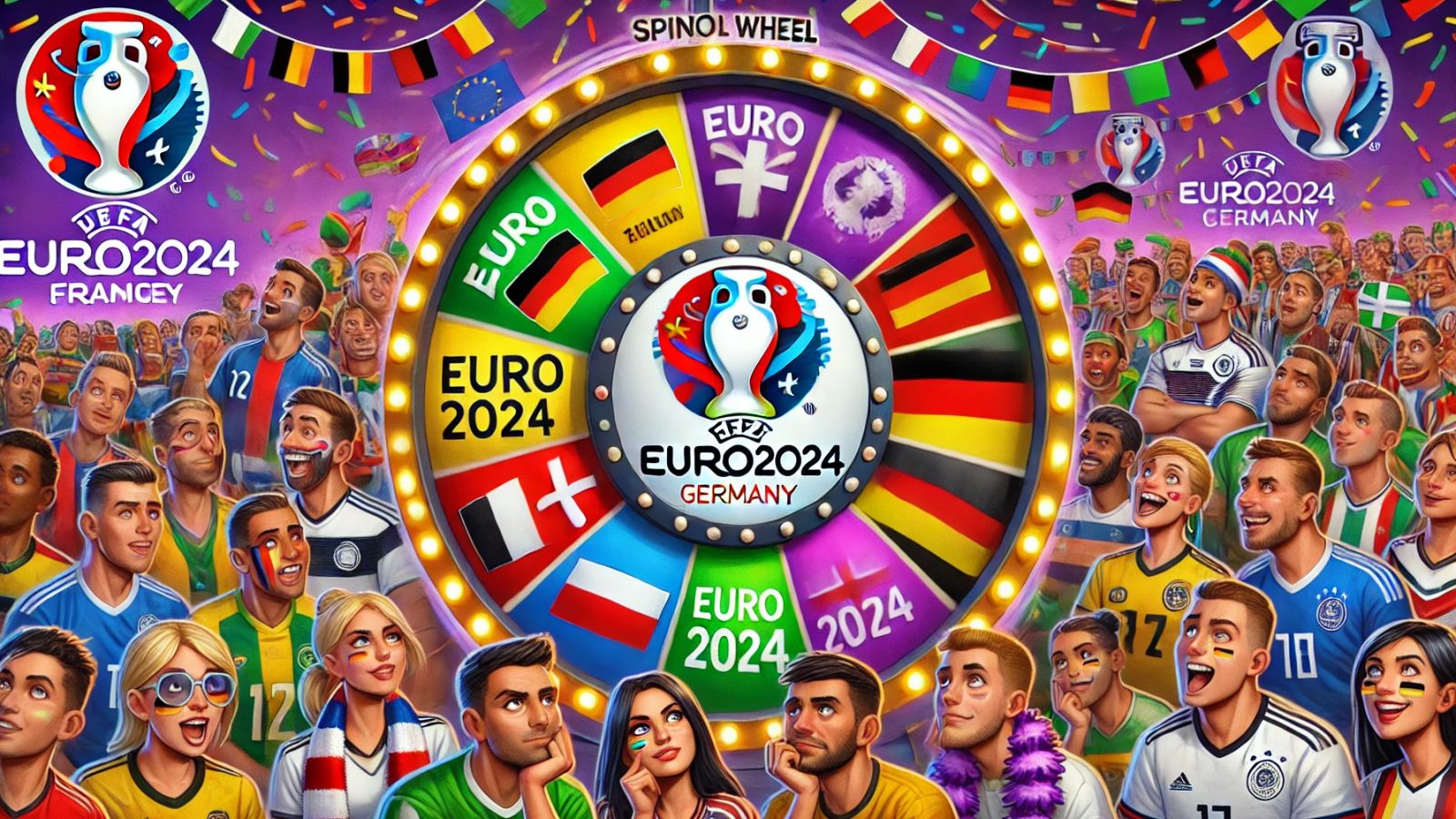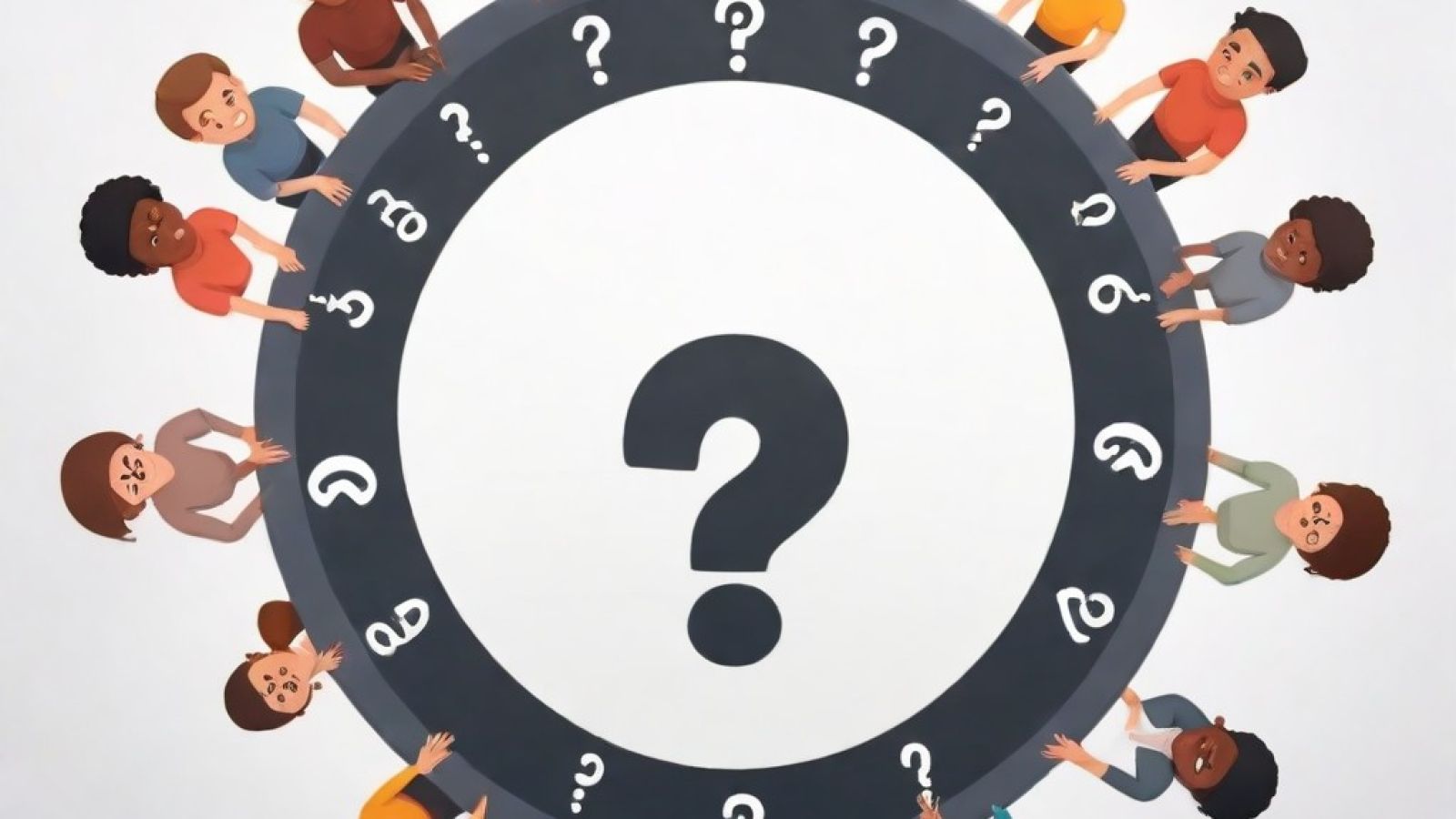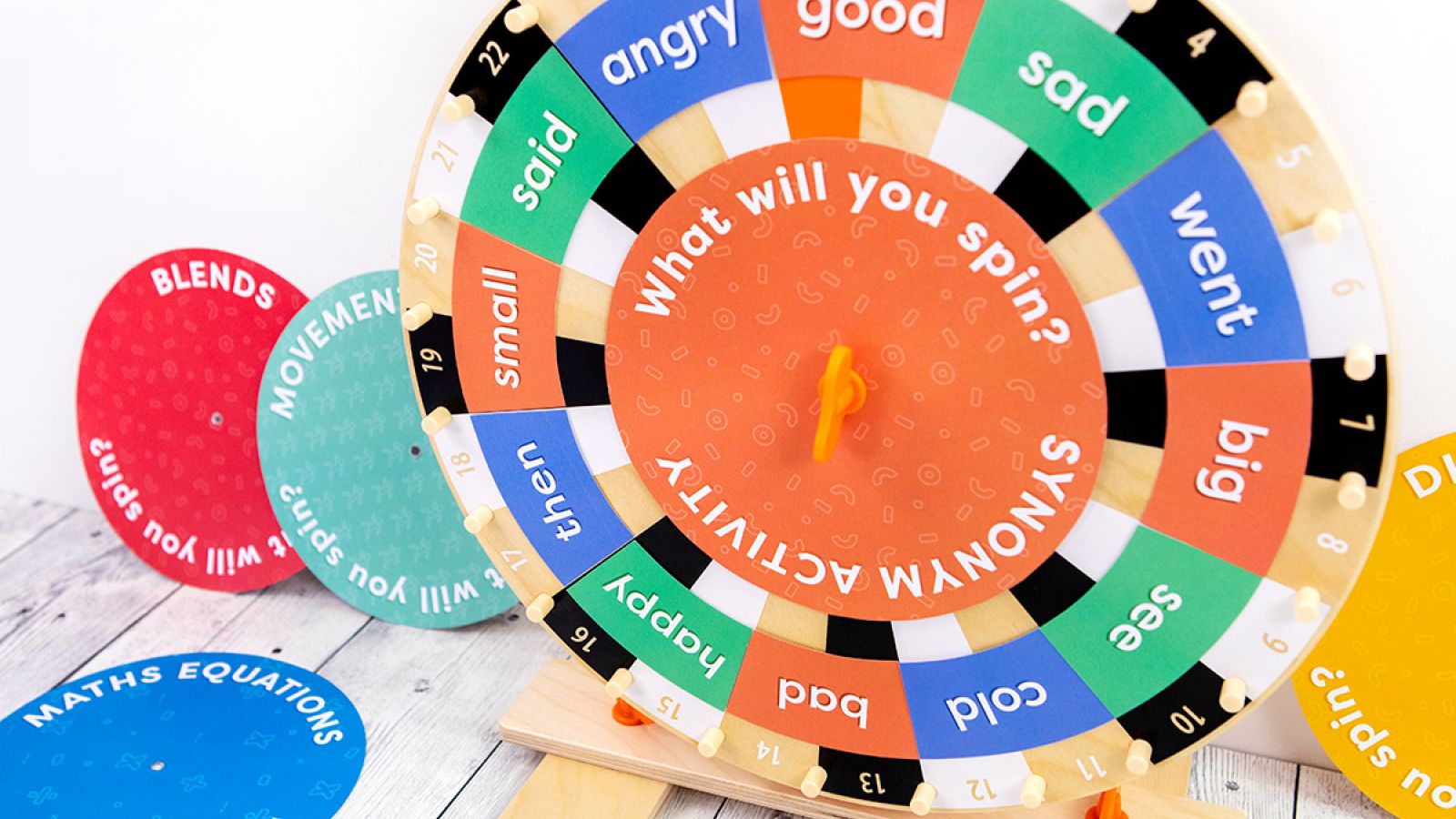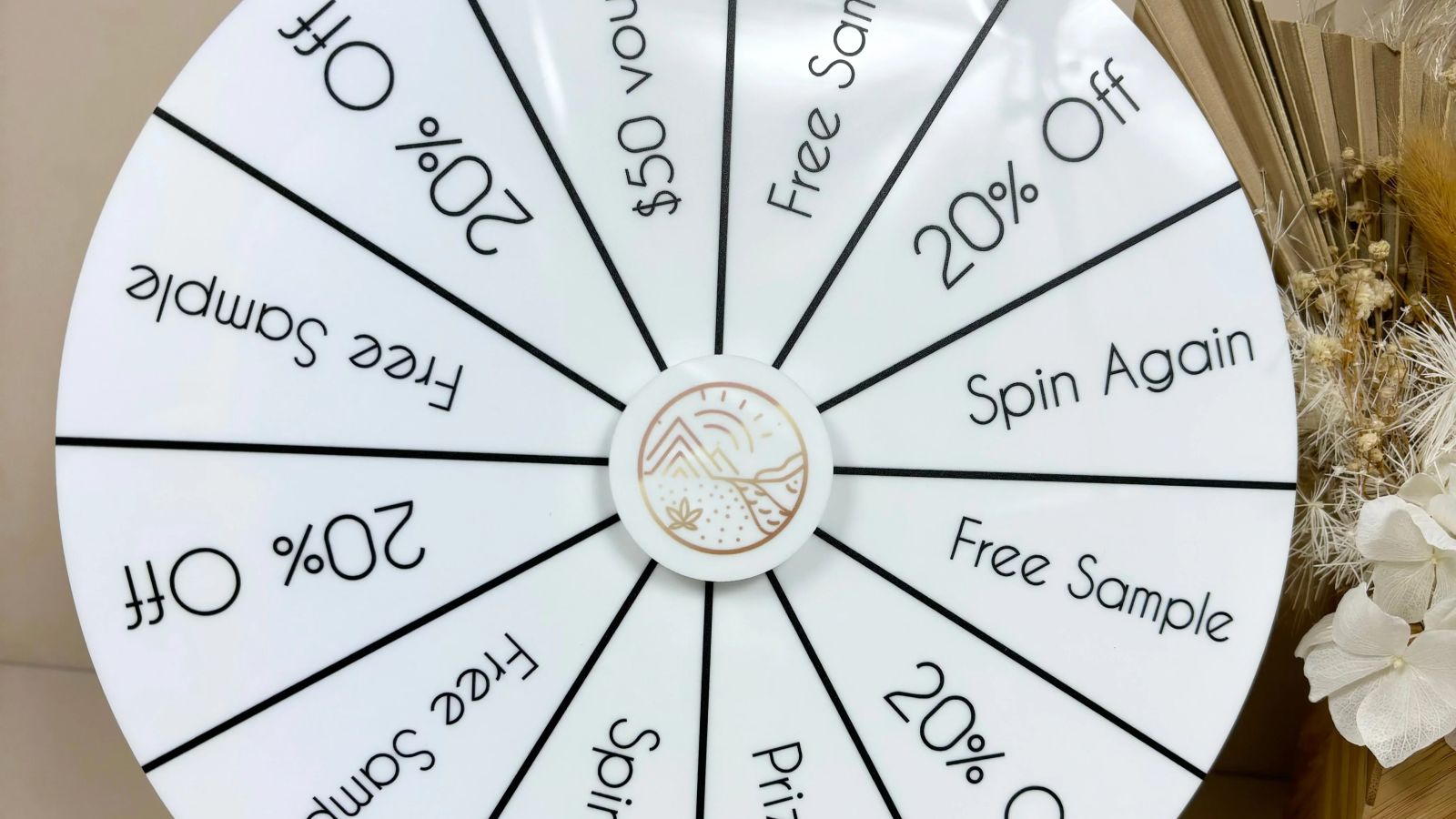Remember the carnival excitement of spinning a giant prize wheel? 🎡
I still recall the anticipation as a child, watching that pointer slow down toward the “free cotton candy” section. Little did I know I was witnessing the birth of a revolution! As an SEO specialist fascinated by decision-making tools, I’ve watched the humble spinner evolve from wooden carnival attraction to sophisticated digital solution. Let’s explore this fascinating journey together!
The Ancient Roots of Randomness
Did you know the first known spinners date back to 3500 BC? Mesopotamians used pottery wheels for divination! Throughout history, randomness tools evolved:
• Roman “rotas” for military assignments
• Medieval lottery wheels
• 18th-century raffle drums
Each era adapted the spinner to its needs, just like we do today with digital spinners!
The Digital Revolution: More Than Just Pixels
When I first used a wheel spinner app in 2010, it felt like magic. But today’s solutions? Pure technological wizardry! Modern digital wheels offer:
• Real-time collaboration
• Data tracking
• AI-powered customization
• Cross-platform synchronization
That classroom Wheel of Names? It’s now a sophisticated engagement analytics tool!
Traditional vs Digital: The Ultimate Showdown
| Feature | Traditional Wheel | Digital Wheel |
|---|---|---|
| Accessibility | Physical presence required | Global access 24/7 |
| Customization | Manual repainting | Instant theme changes |
| Data Tracking | Memory/paper notes | Automated analytics |
| Randomness Quality | Physical imperfections | Algorithmic precision |
| Cost | High (materials) | Low (digital scaling) |
Modern Marvels: Where Digital Wheels Shine
1. Business Intelligence
Today’s random name generators track selection patterns, helping managers spot participation imbalances. My client’s HR team reduced meeting dominators by 40% using this data!
2. Educational Equity
Digital spinners record question distribution, ensuring all students get equal opportunities. Teachers now prove they’re not “picking favorites” – a game-changer for parent-teacher relationships!
3. Healthcare Innovations
Medical trials now use encrypted digital wheels for patient selection, ensuring true randomness while maintaining privacy. This tech advancement makes studies 30% more statistically valid!
The Nostalgia Factor: Why Physical Wheels Endure
Despite digital advantages, 65% of event planners still incorporate physical wheels. Why?
• Tactile satisfaction
• Visual spectacle
• Shared anticipation
• Unplugged moments
My favorite solution? Hybrid systems where physical spins trigger digital effects!
Real-World Transformation: The Restaurant Revolution
When “Dine & Decide” replaced their menu with a digital spin wheel, magic happened:
1. Customers spun for surprise dishes
2. Kitchen waste dropped 45%
3. Social media mentions tripled
4. Average check size increased 20%
Sometimes randomness is the perfect recipe!
The Future: Where Digital Wheels Are Heading
1. AI Integration: Wheels that learn preferences while maintaining fairness
2. Blockchain Verification: Tamper-proof randomness for critical decisions
3. AR Experiences: Virtual wheels overlaid in physical spaces
4. Biometric Feedback: Adjusting outcomes based on physiological responses
The next decade will make today’s tools look like stone tablets!
Preserving the Human Element
The greatest challenge? Maintaining joy in algorithmic perfection. That’s why the best digital wheels incorporate:
• Playful animations
• Custom sound effects
• Surprise elements
• Social sharing features
After all, what’s a yes or no decision without dramatic tension?
Your Digital Wheel Implementation Strategy
1. Identify pain points: Where does decision fatigue hit hardest?
2. Start simple: Basic digital spinner for quick wins
3. Gather data: Track outcomes and refinements
4. Hybrid approach: Blend physical and digital experiences
Remember: The goal isn’t replacing humans, but enhancing human experiences!
The Beautiful Paradox
At a recent tech conference, I watched executives line up to spin a physical wheel for digital prizes. The irony was delicious! This moment captured our relationship with technology: we crave advancement but cherish tangible experiences. The future belongs to solutions honoring both truths.
From Babylonian clay wheels to blockchain-powered spinners, one truth endures: Humans need randomness. Not just for fairness, but for joy, discovery, and shared moments of anticipation. So whether you’re spinning a color wheel for design choices or using algorithmic randomness for billion-dollar decisions, remember – you’re participating in an ancient human ritual, beautifully reimagined for the digital age. What will you spin next? 🚀
You should also read these…
- huesly.com – digital nomad visas best countries to work remotel
- axtly.com – best apps for planning spontaneous local adventure
- beofme.com – how to insulate properly with physical and chemica
- olddry.com – can ai actually be creative
- hogwar.com – case study a commercial project upgraded with durf
- spyfrogs.com – from bearings to valves complete power transmissio
- getaluck.com – twitter x profile link not working fix broken link
- toojet.com – tiktok live notifications not sending fix guide
- olddry.com – designing custom pto solutions when and why to spe
- spyfrogs.com – cant log into tiktok common causes and fixes


